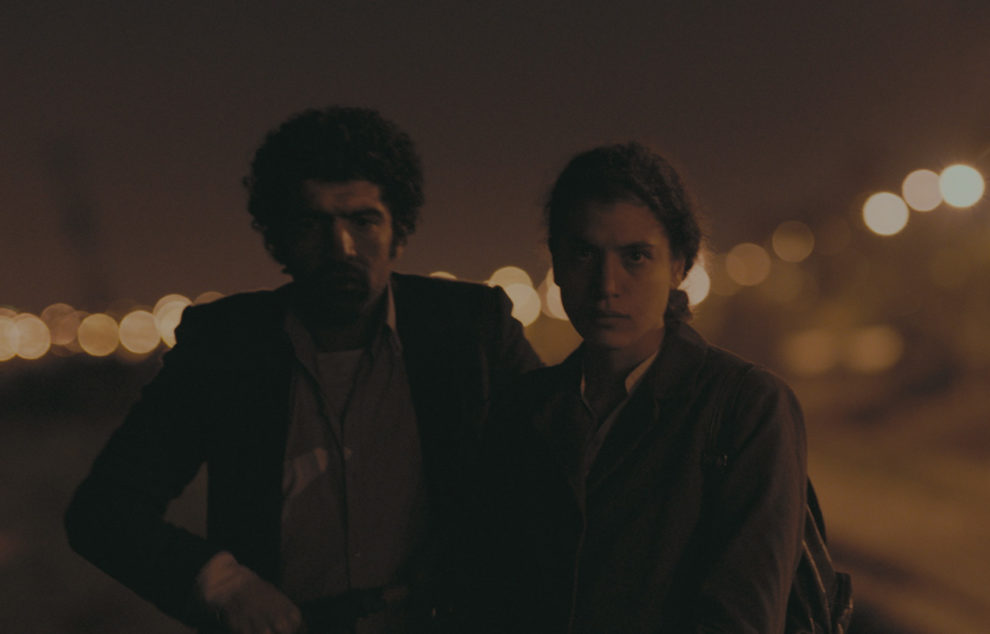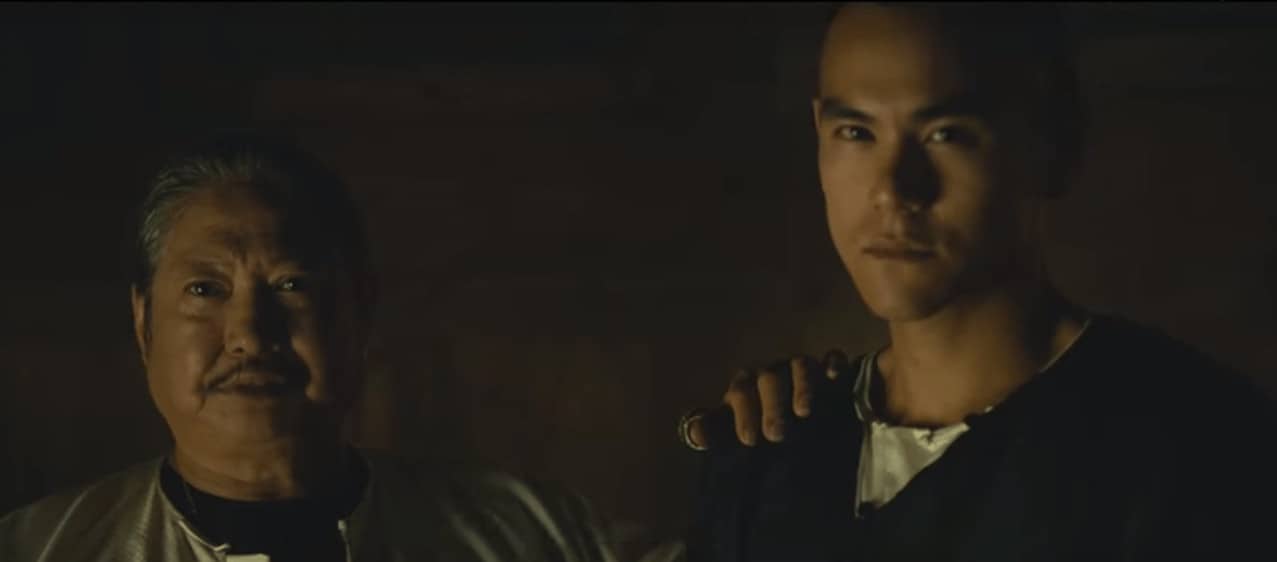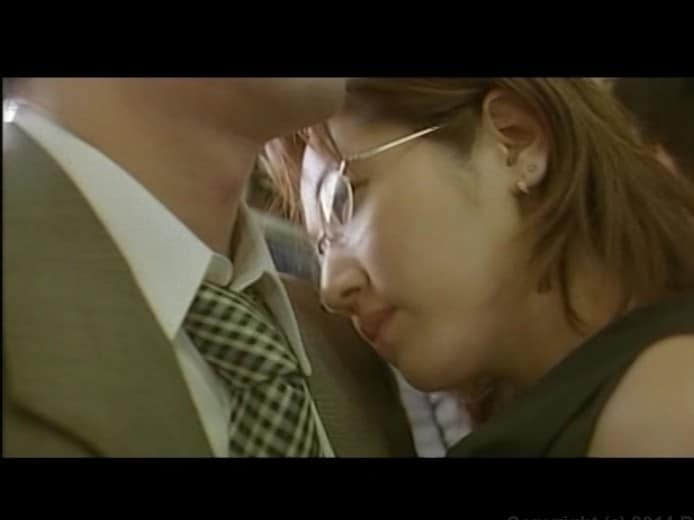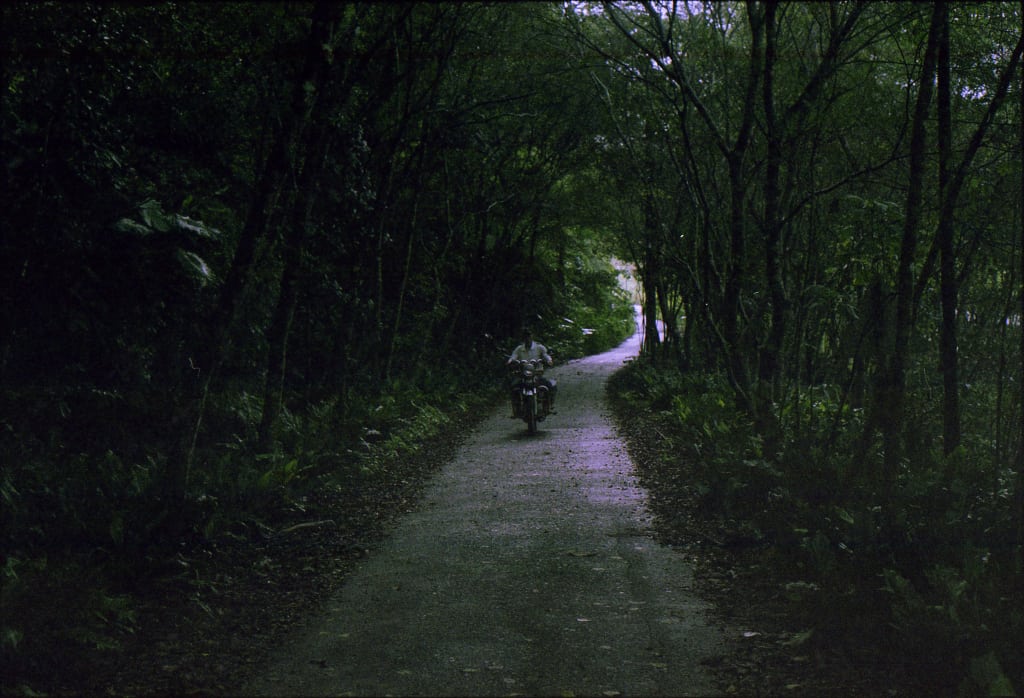While certainly many filmmakers and storytellers have tried, there are very few approaches which could describe the experience of war and the trauma in its aftermath. Iraq, a country which has been through a dictatorship as well as two wars and much social turmoil, has experienced much misery in its history, leaving a permanent mark on the country and its people. In his 2017 feature “The Journey”, Iraqi-Dutch director Mohamed Jabarah-Al Daradij creates a blend of drama and thriller with the purpose of telling a story about the wounds the war left behind, the physical as well as the psychological. In the end, he manages to give his view on Iraqi society and the nation, a powder keg-situation defined by the memory of the war and personal loss.
“The Journey” is screening at Arab Film Festival Berlin

One day before the annual Eid al-Fitr festival takes place the city of Baghdad has a very special event to celebrate. Its main station, largely destroyed and therefore closed for a long time, is about to be re-opened, marking an important step back into normality for the country. The event has already attracted a large crowd of people wanting to be on the first train, and international journalists reporting on the significance of this event. In the midst of all of this, Sara (Zahraa Ghandour) has also made her way to the station, hiding among a group of teachers on their way to the station. However, her intentions are quite different to so many in the crowd since her dress covers a bomb strapped to her body which she plans to detonate herself as soon as the train arrives.
Despite her best efforts to remain hidden, Salaam (Armeer Ali Jabarah) notices her and tries to flirt with her, oblivious to the many attempts Sara tries to get rid of him. Eventually though, he also realizes Sara's true intentions, but by then it is too late since she now threatens him to detonate the bomb if he leaves her side. While she makes her way to a remote place within the vicinity of the station where she hopes to get rid of Salaam once and for all, the two are suddenly in the middle of a chase between US soldiers and a young girl, who hands Salaam a large bag pleading him to hide it. As Sara and Salaam open the bag, they find the woman has been hiding her baby in there.
Among all the aspects of the story, perhaps the most noteworthy is the atmosphere of tension, underlying aggression and fear which manifests itself from the very first moments of “The Journey”. Sara's arrival at the already packed station is a cacophony of sounds and impressions, soldiers barking orders, people speaking in their cells and children crying, as well as the artificial-sounding announcements about the special nature of this particular day in various languages. Imitating the observations of the characters, the camera's eye falls on these images, each telling a different story, until we see Salaam for the very first time, negotiating with a customer about a deal, while trying to get rid of a kid wanting to sell him something, resulting in the man kicking and slapping the child in front of a crowd observing everything silently. The close-ups of Sara holding the detonator in her right hand confirm the idea that this atmosphere of aggression and violence will ultimately escalate into something else.
Interestingly, it is at that point Daradij changes the tone of this feature, making it a more intimate drama with the focus on Sara and Salaam. With both of them representing a certain aspect of the post-war experience – the will to survive by all means necessary and the radicalization of one's faith to counter the feelings of loss and sorrow – their exchange sheds some light onto the various facets of the Iraqi people dealing with the aftermath of war and the tentative search for a future. Especially Zahraa Ghandour excels in her role as Sara, adding a layer of intensity to each of her scenes thanks to her expressive looks, showing the extent of her character's inner turmoil.
Ultimately, “The Journey” is quite an intense feature about the wounds of war. Mohamed Jabarah-Al Daradij presents his views on Iraqi society, its way of dealing with the past and how it may proceed to an (unknown) future. Thanks to its intense atmosphere and its cast, “The Journey” has much to offer thematically, even though its ending is perhaps not on the same level as the rest of the narrative.















